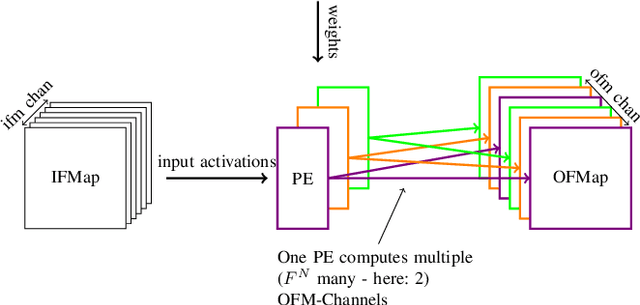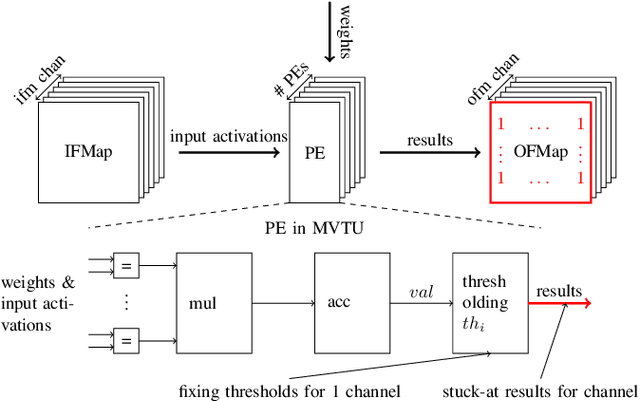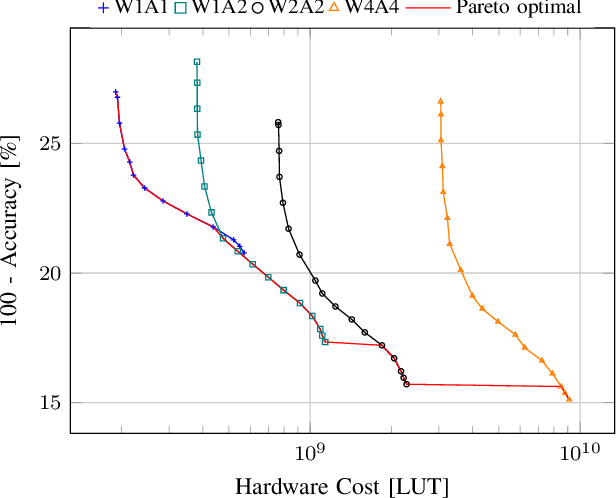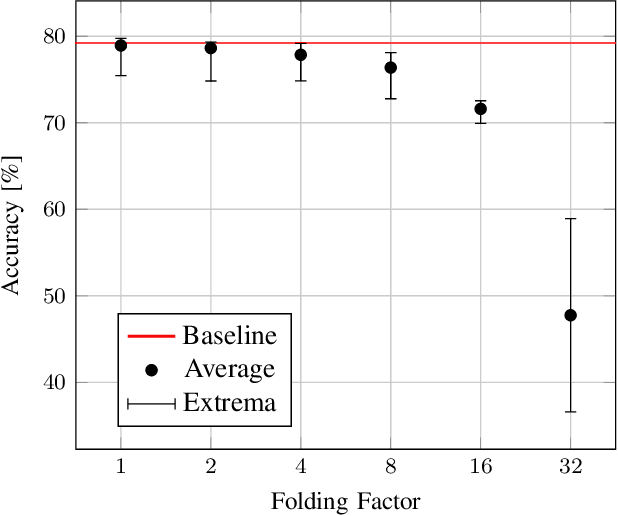Efficient Error-Tolerant Quantized Neural Network Accelerators
Paper and Code
Dec 16, 2019



Neural Networks are currently one of the most widely deployed machine learning algorithms. In particular, Convolutional Neural Networks (CNNs), are gaining popularity and are evaluated for deployment in safety critical applications such as self driving vehicles. Modern CNNs feature enormous memory bandwidth and high computational needs, challenging existing hardware platforms to meet throughput, latency and power requirements. Functional safety and error tolerance need to be considered as additional requirement in safety critical systems. In general, fault tolerant operation can be achieved by adding redundancy to the system, which is further exacerbating the computational demands. Furthermore, the question arises whether pruning and quantization methods for performance scaling turn out to be counterproductive with regards to fail safety requirements. In this work we present a methodology to evaluate the impact of permanent faults affecting Quantized Neural Networks (QNNs) and how to effectively decrease their effects in hardware accelerators. We use FPGA-based hardware accelerated error injection, in order to enable the fast evaluation. A detailed analysis is presented showing that QNNs containing convolutional layers are by far not as robust to faults as commonly believed and can lead to accuracy drops of up to 10%. To circumvent that, we propose two different methods to increase their robustness: 1) selective channel replication which adds significantly less redundancy than used by the common triple modular redundancy and 2) a fault-aware scheduling of processing elements for folded implementations
 Add to Chrome
Add to Chrome Add to Firefox
Add to Firefox Add to Edge
Add to Edge